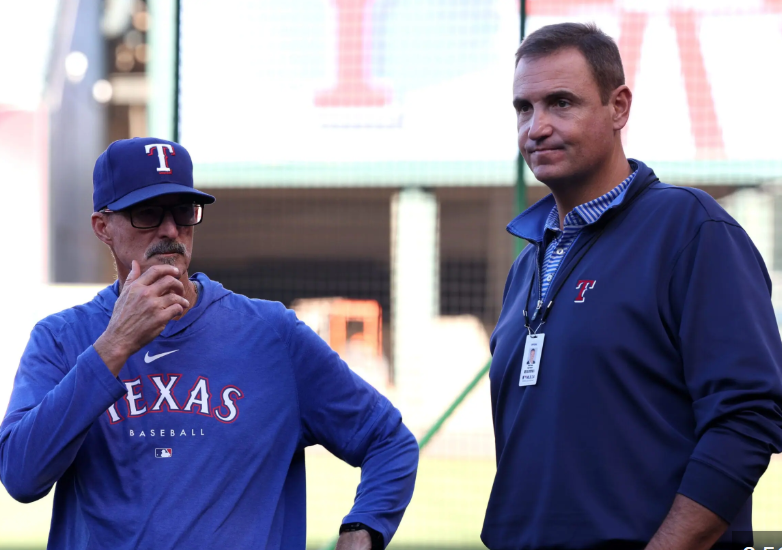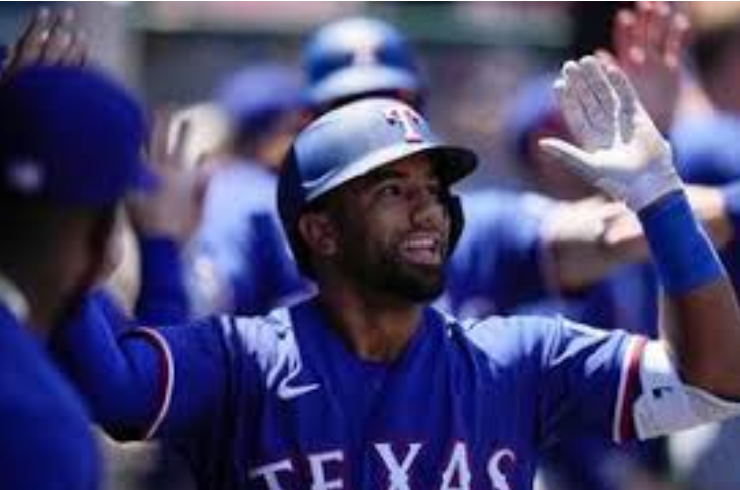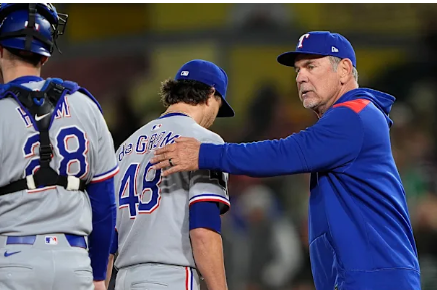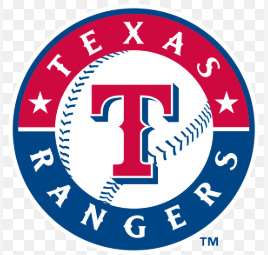The Rangers’ rotation was the strength of their 2025 campaign — they led the majors with a 3.42 ERA from their starters, a big reason they remained in playoff contention as long as they did. With the likes of Jacob deGrom, Nathan Eovaldi, Jack Leiter and Kumar Rocker penciled in for 2026, the front end looks locked in unless trades come into play. They do face free-agency departures — Merrill Kelly, Tyler Mahle and Jon Gray will be among those hitting the market — but that was expected.
That said, the Rangers still may look to upgrade the rotation further, especially at the top. That’s where Valdez enters the picture: the question is whether Texas will attempt to lure the ace away from their American League West rival, the Houston Astros. Valdez is widely viewed as one of the top upcoming free agents among starters.
Several outlets have flagged the Rangers as a potential landing spot for Valdez, given their rotation depth and the potential boost of adding a bona fide ace. For example, a recent piece cited Texas among the 10 possible destinations for Valdez this winter. The article also pointed out that while the Rangers will free up some payroll space, there are concerns about whether they’ll commit to a major signing or instead opt for a leaner 2026 budget.

On Valdez’s side, output and context are important. He has been a workhorse for Houston — since 2020 he has thrown around 973 innings for the Astros with a sub-3.25 ERA among that group. However, his 2025 second-half skid (including a stretch of 2–7 with a 6.05 ERA in his final 10 starts) and a high-profile “cross-up” incident with his catcher have raised questions.
From a contract standpoint, Valdez’s expected market value is steep — his average annual value is projected around $33.3 million per year according to one estimate. For the Rangers, who already have major commitments to deGrom, Eovaldi and other core pieces, the question is whether they believe the investment is worth the prize and whether they can make the math work under future payroll and competitive balance tax thresholds.
Meanwhile, on the Astros’ side of things, it looks increasingly likely they will let Valdez hit free agency rather than extend him. Multiple reports note Houston has not approached him about an extension and may simply follow their prior model of letting key pitchers walk. That opens the door for Valdez to test the market and for other clubs — like Texas — to pounce.
For the Rangers, landing Valdez would not just strengthen their rotation — it would also be a strategic blow to a divisional rival, the Astros. If Texas is serious about closing the gap in the AL West and contending for another World Series run, this kind of move could signal all-in. The flip side: if they decide against such a large commitment, they might rely on internal options or lower-cost additions and accept that their rotation is “good enough.”




